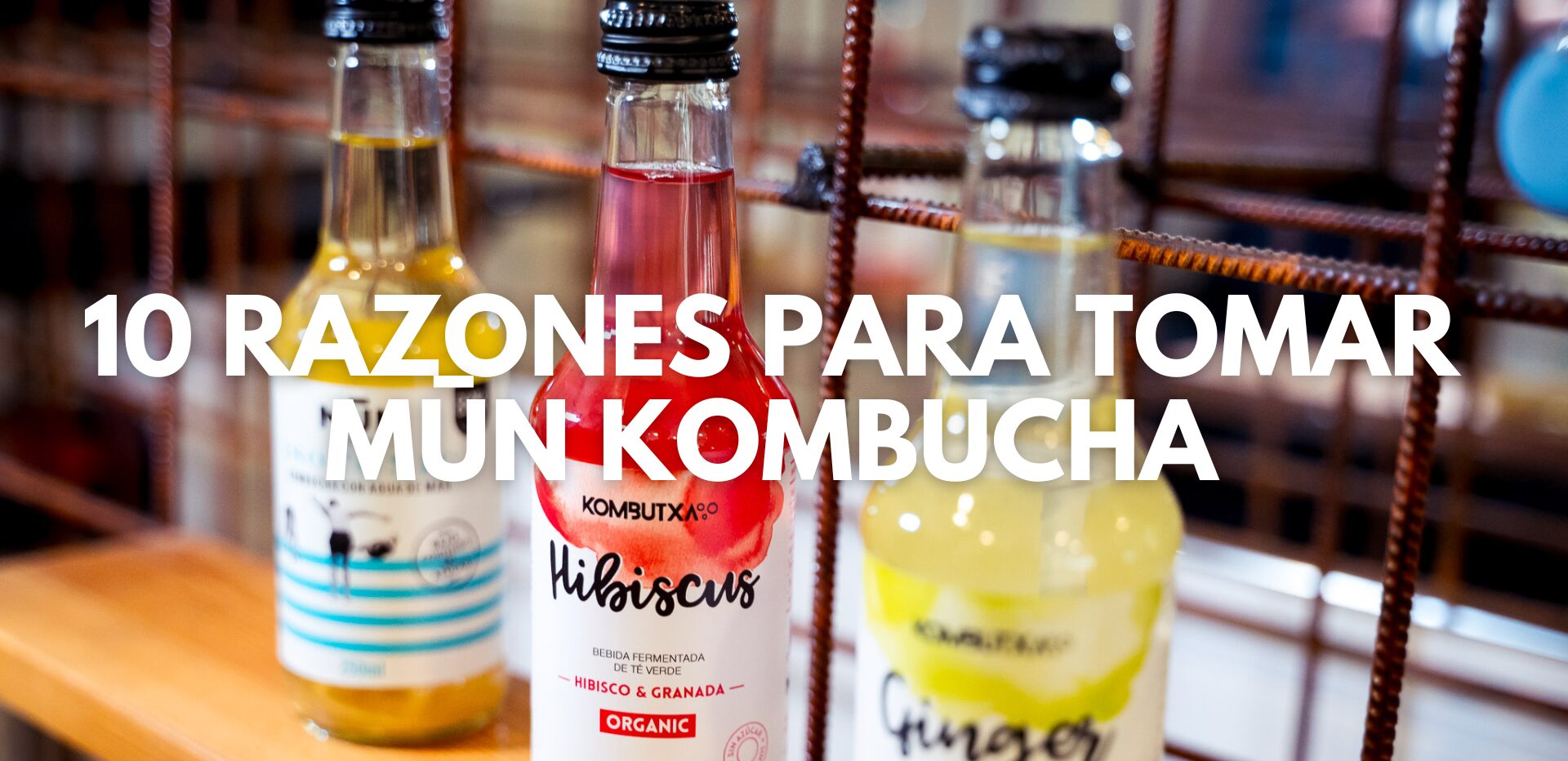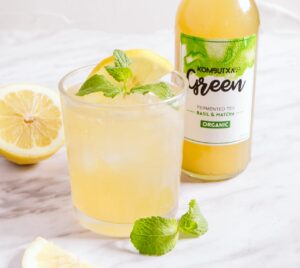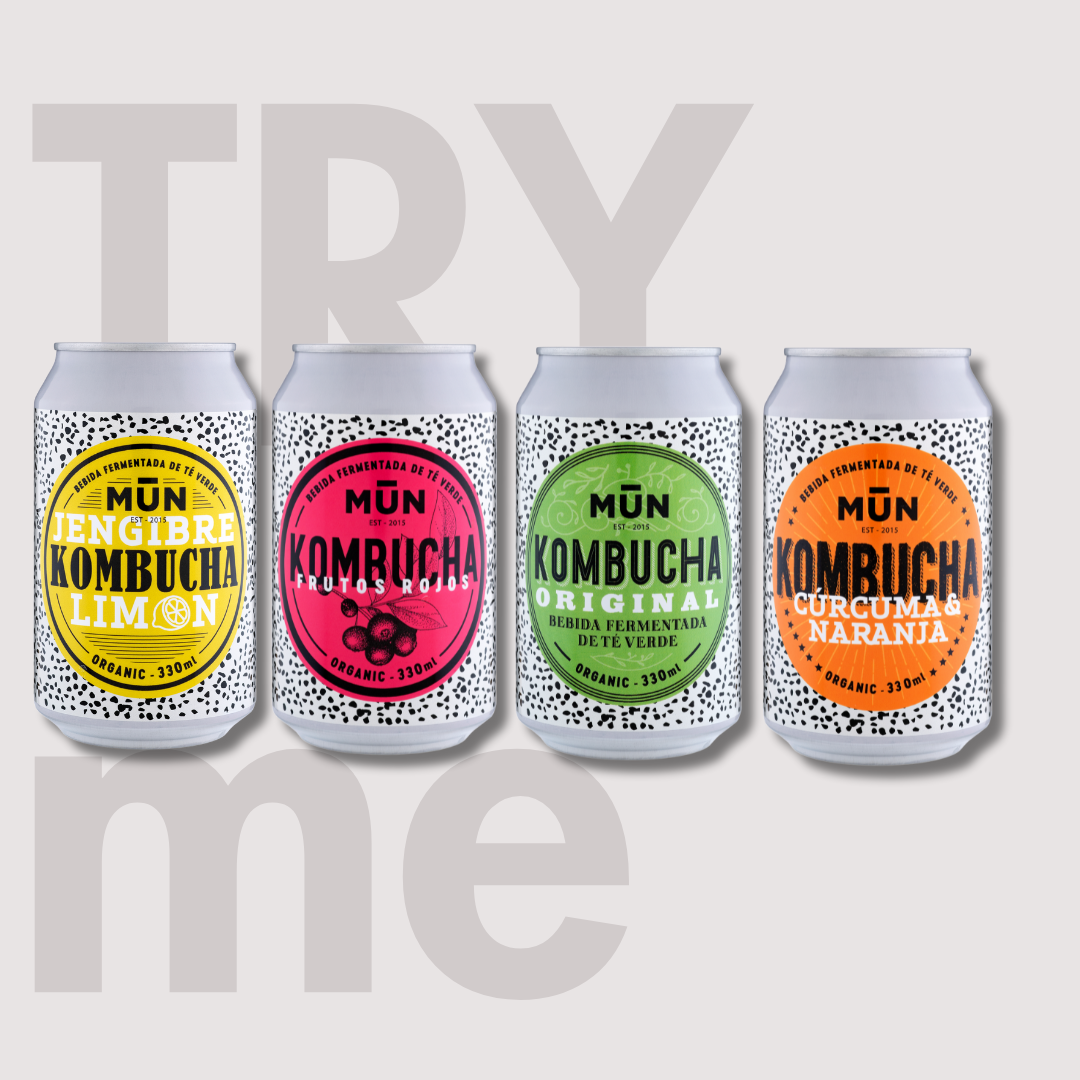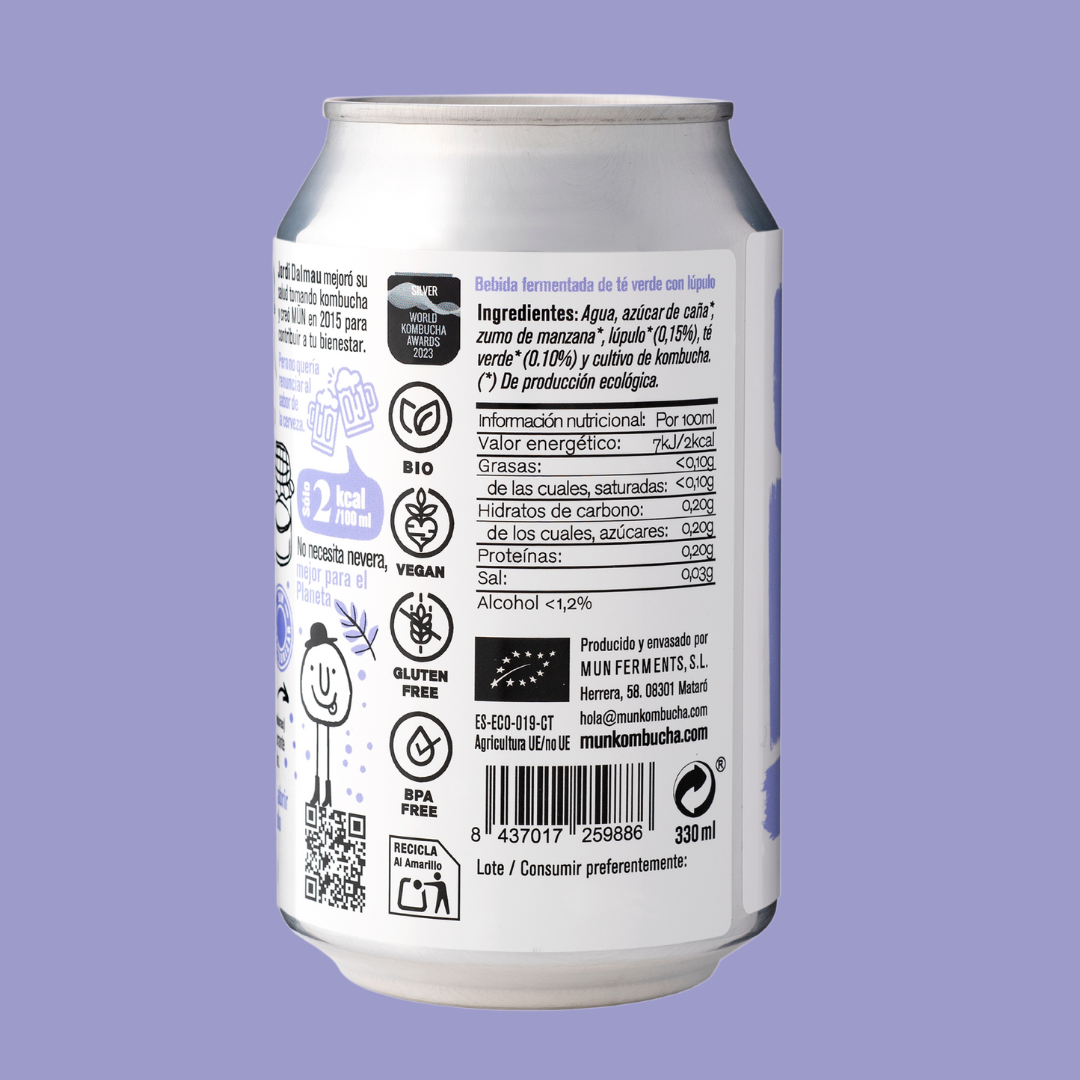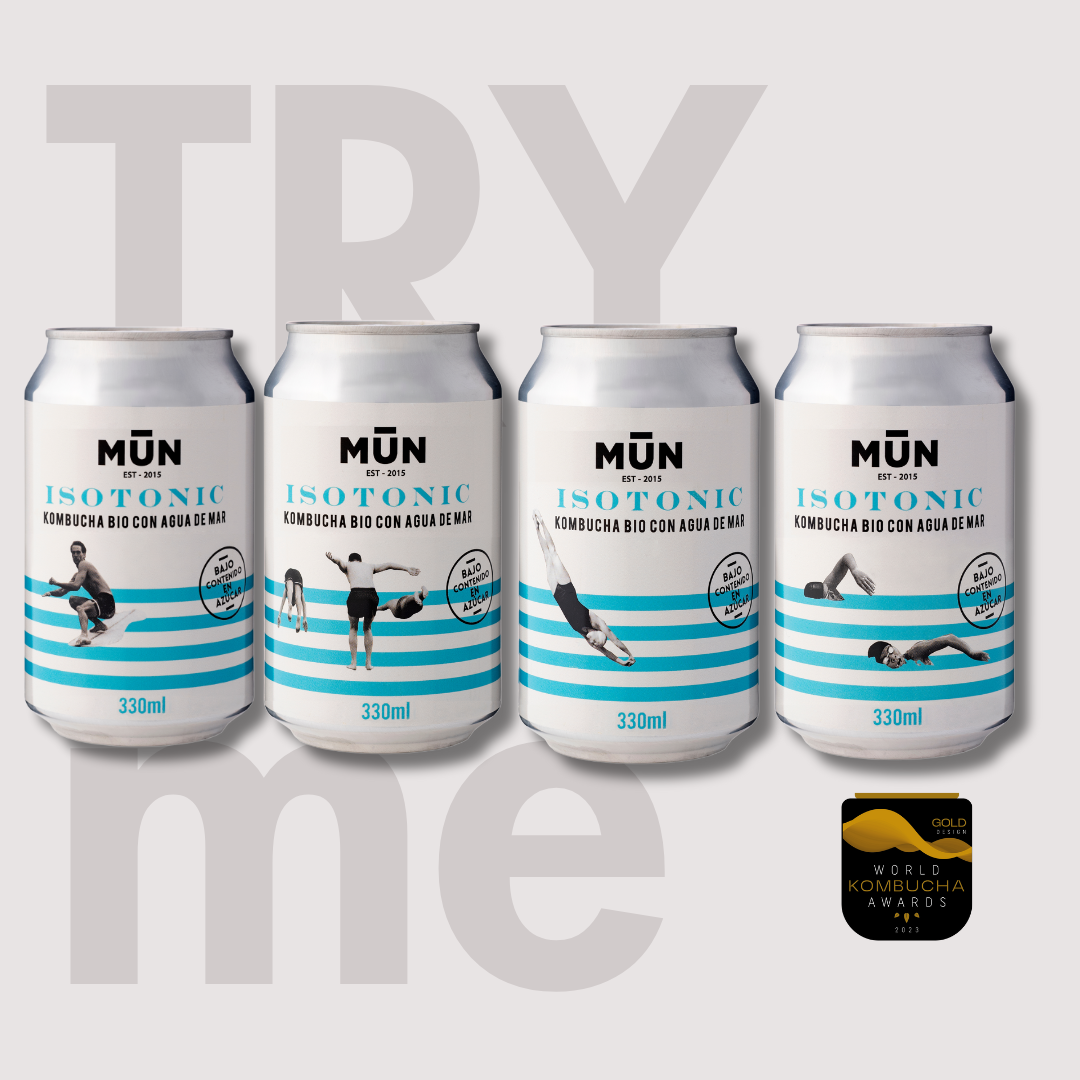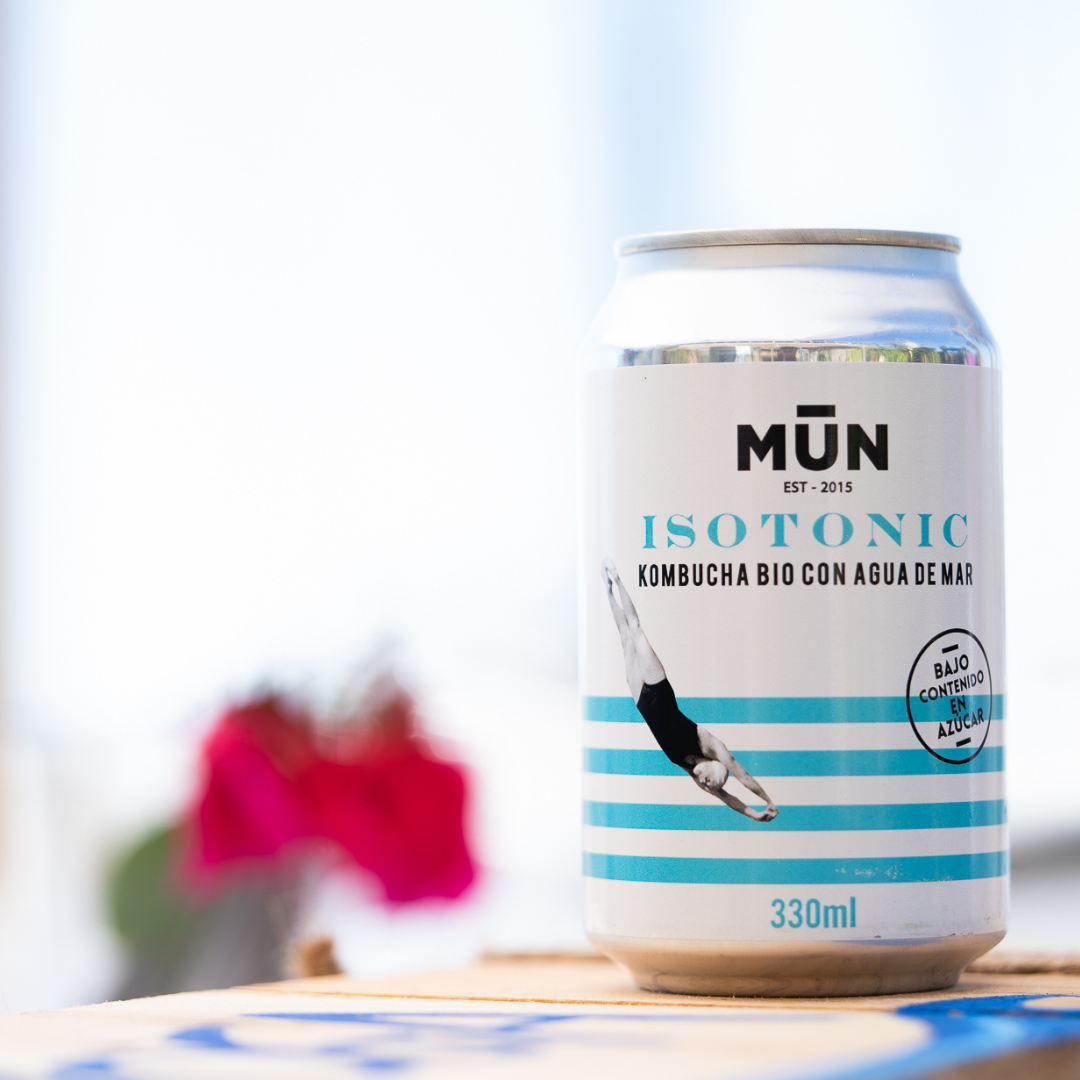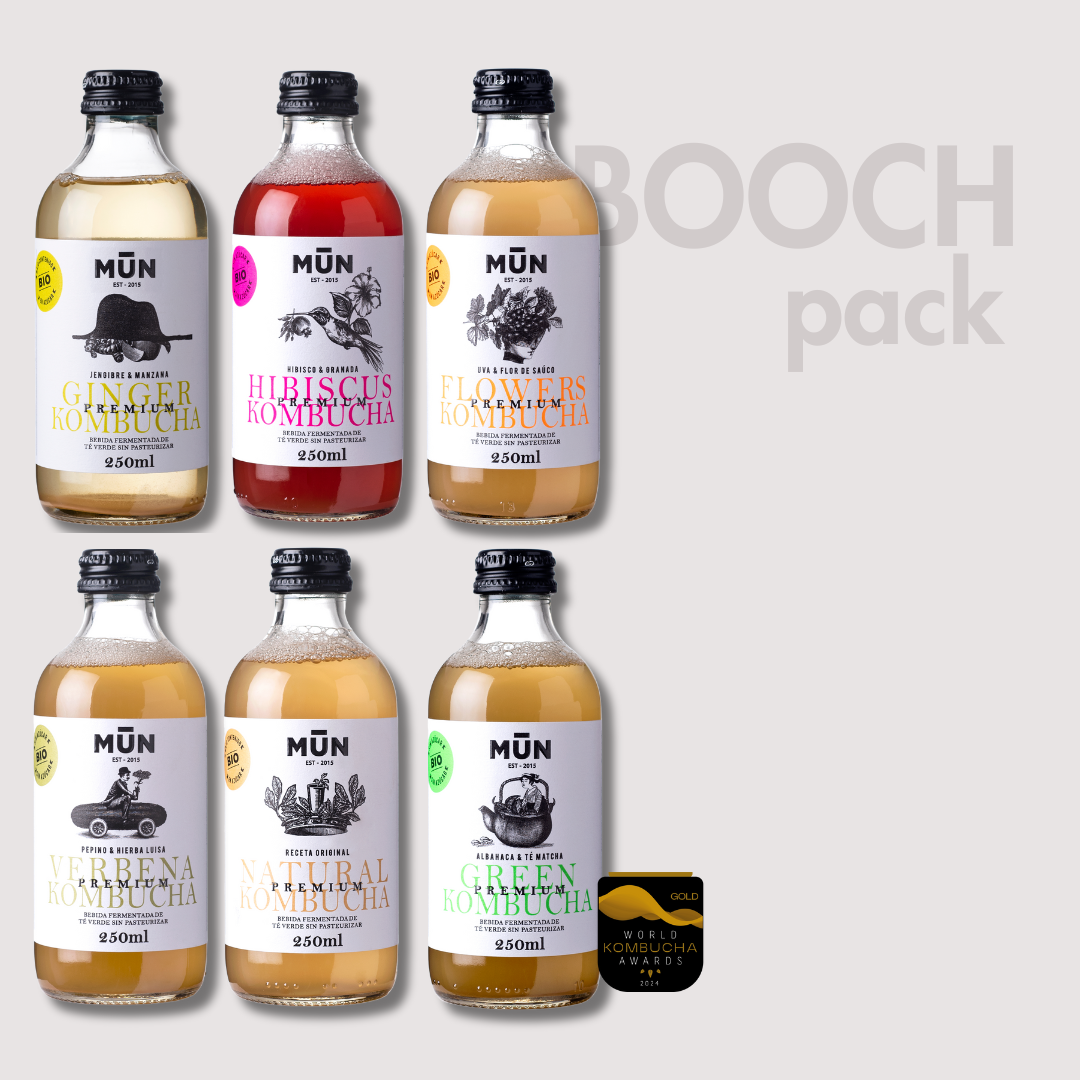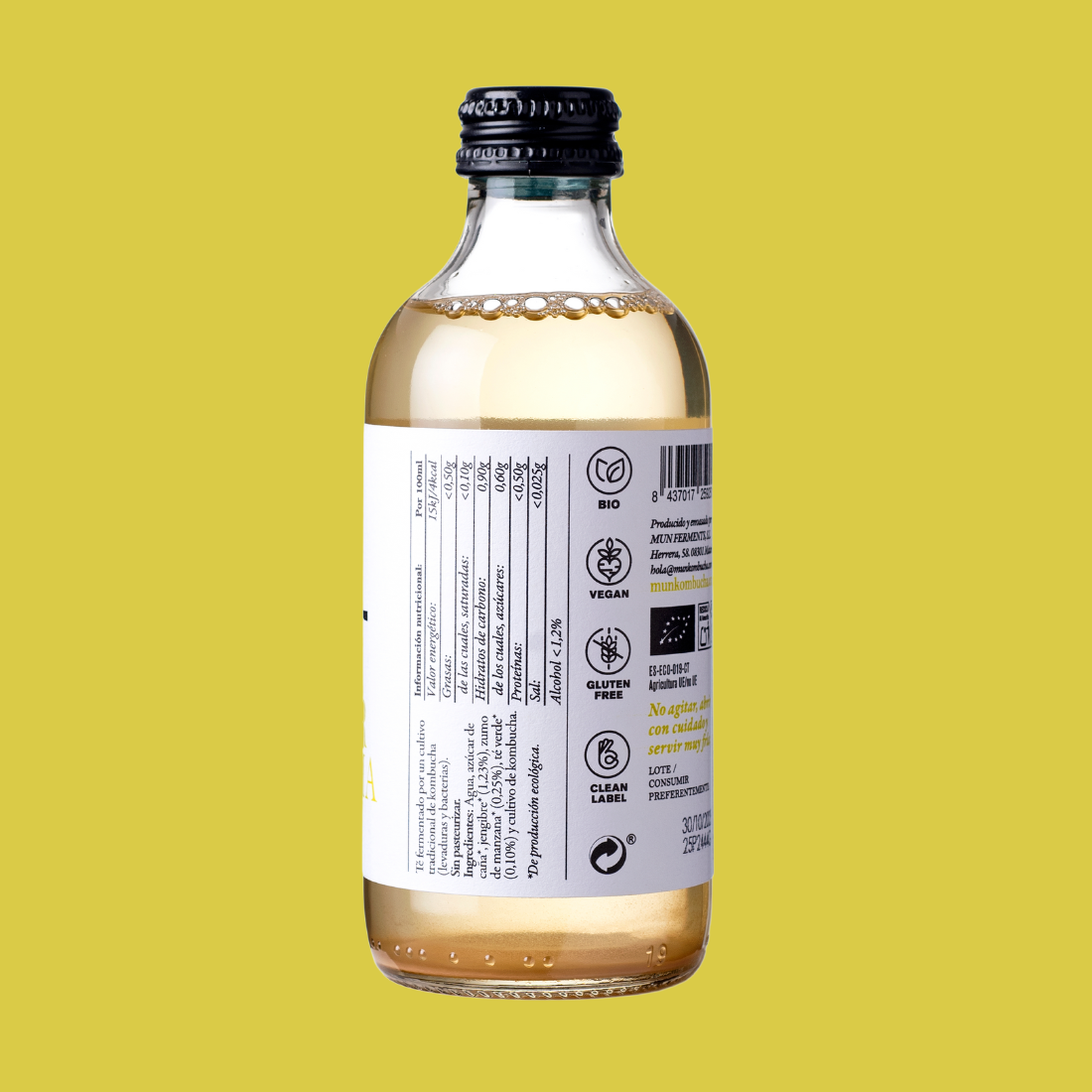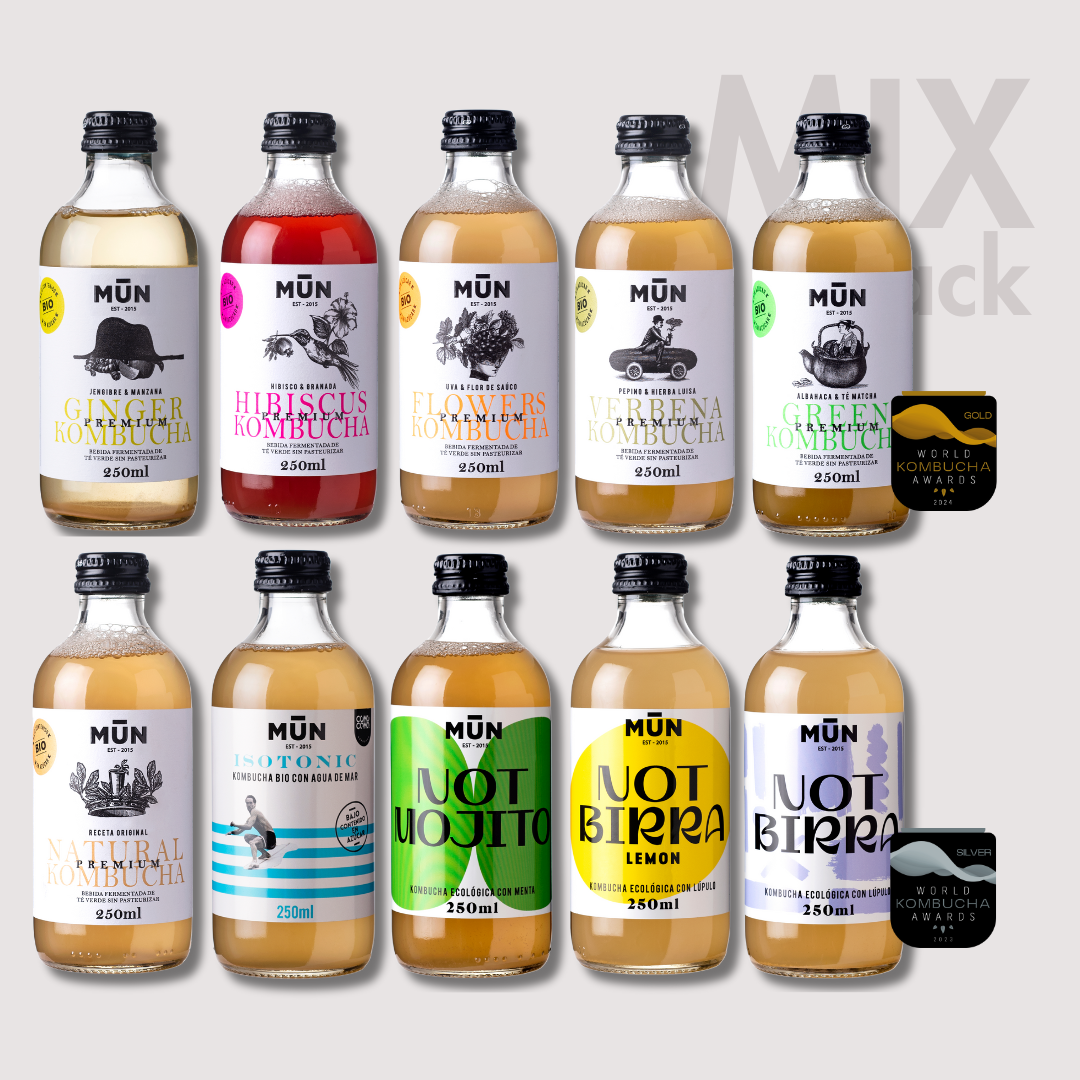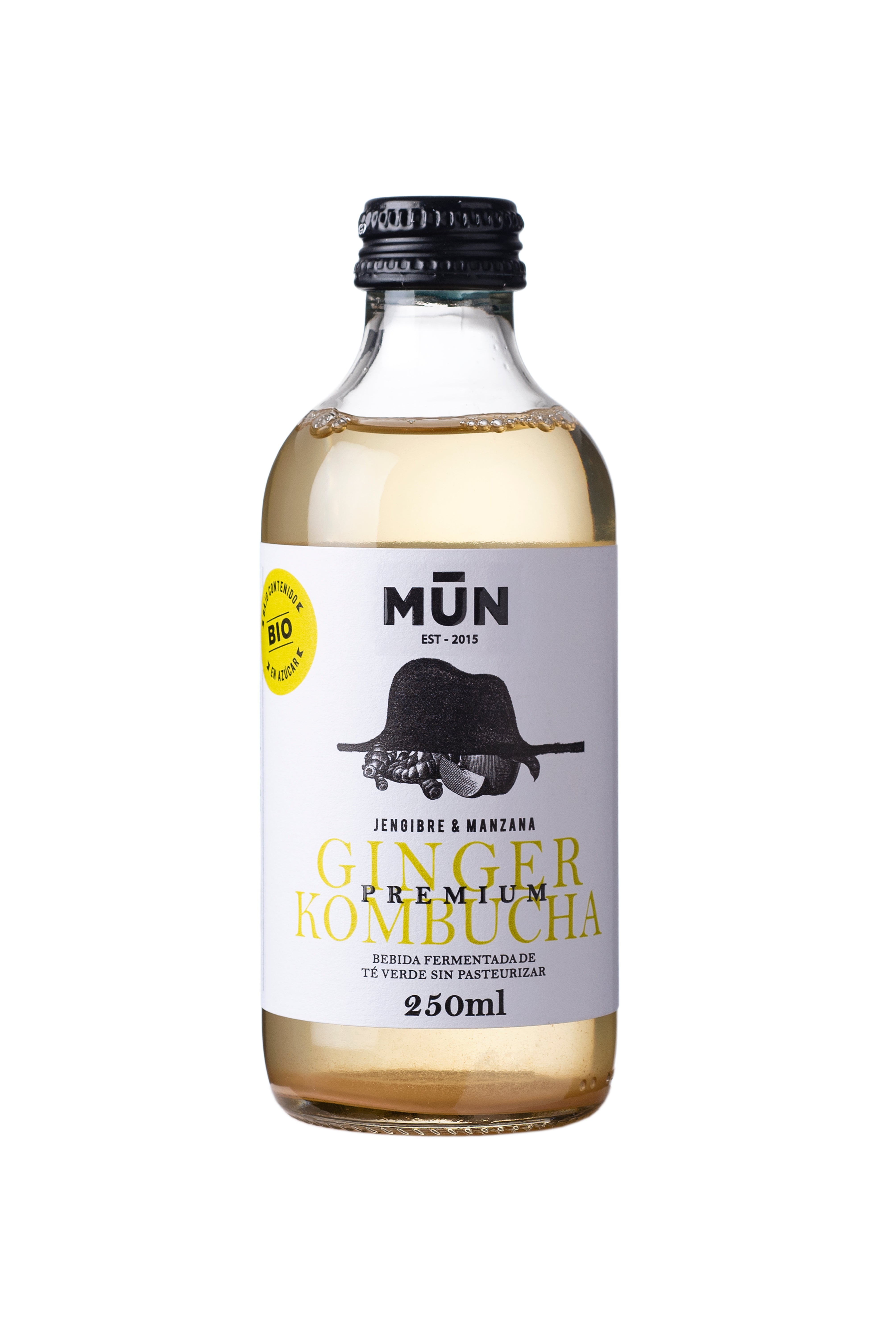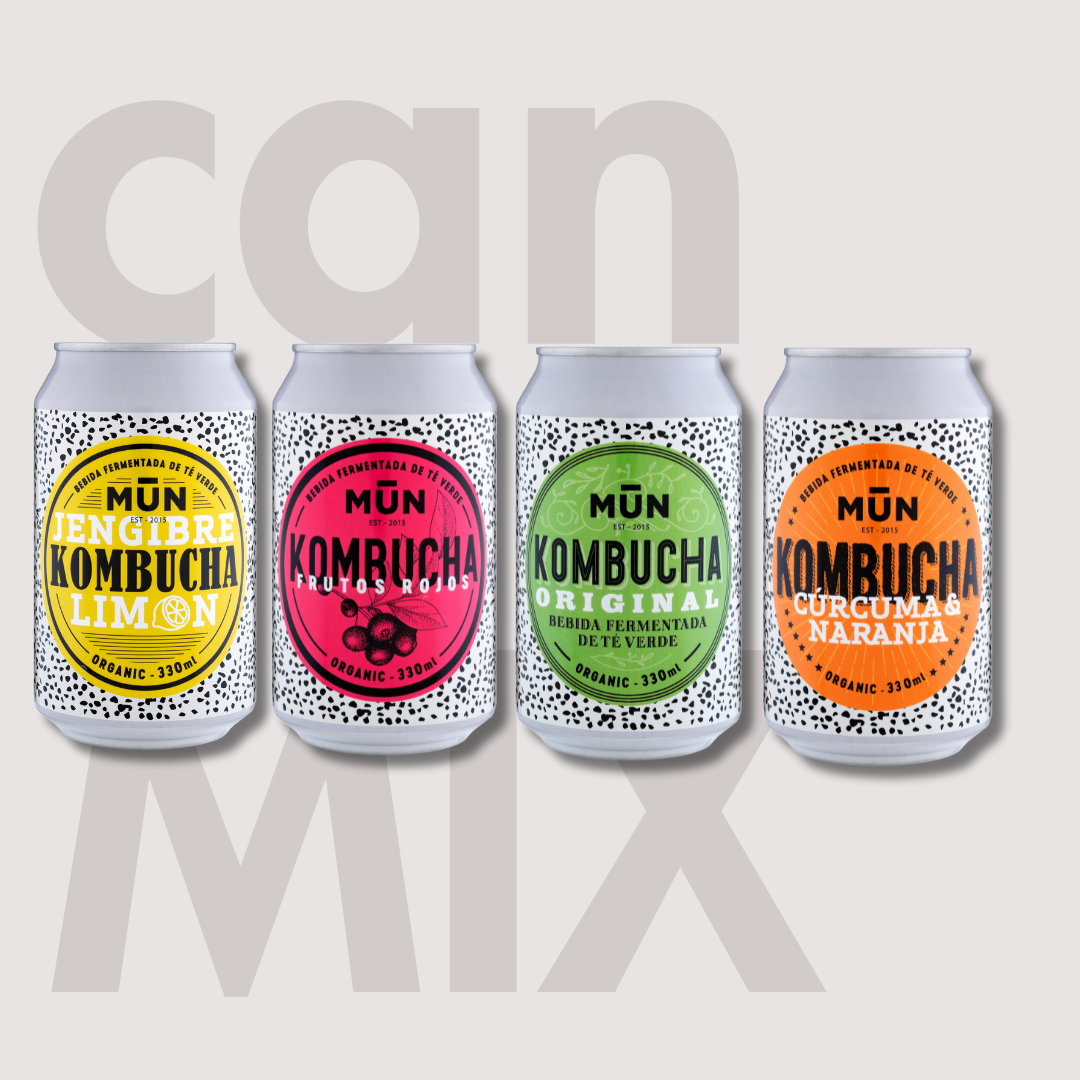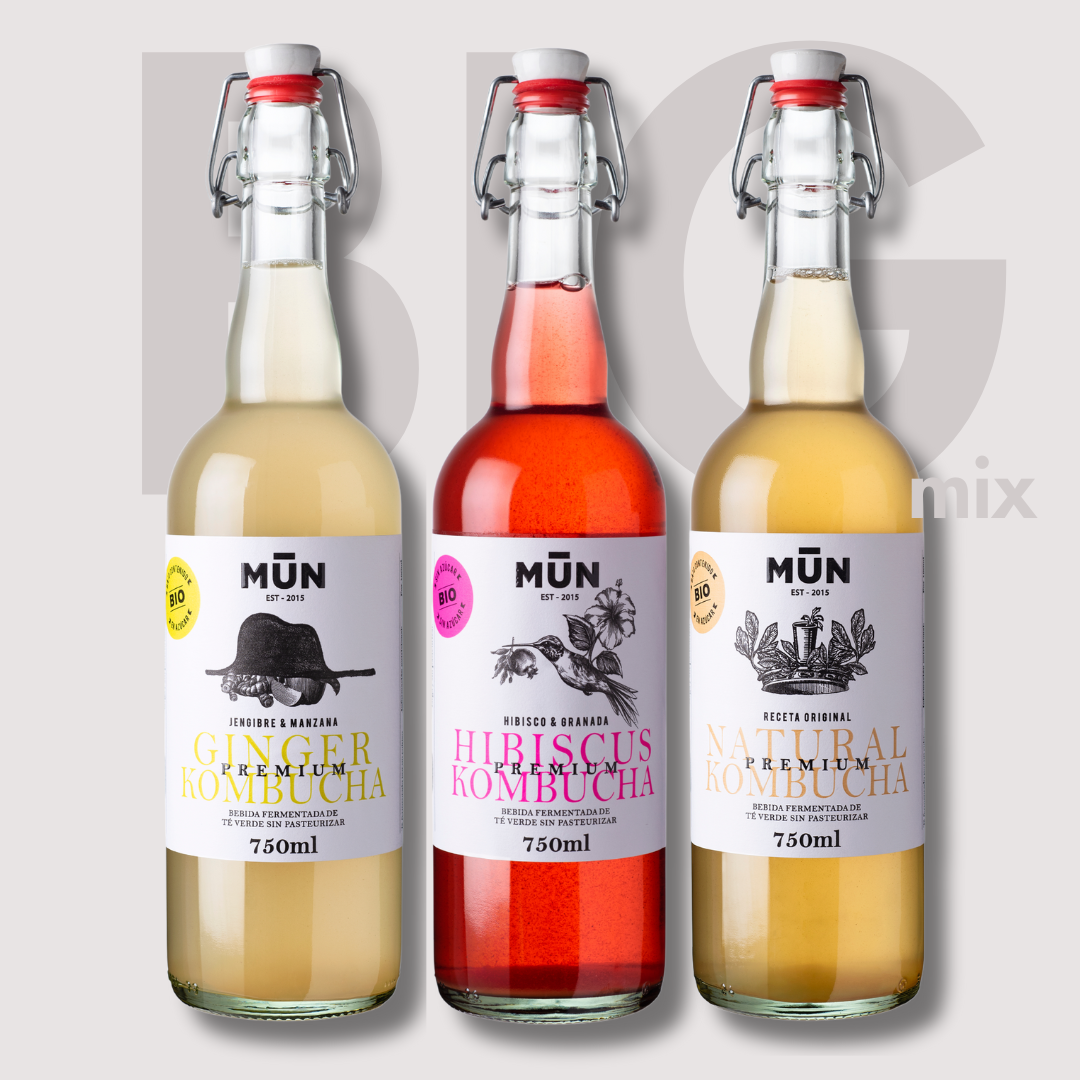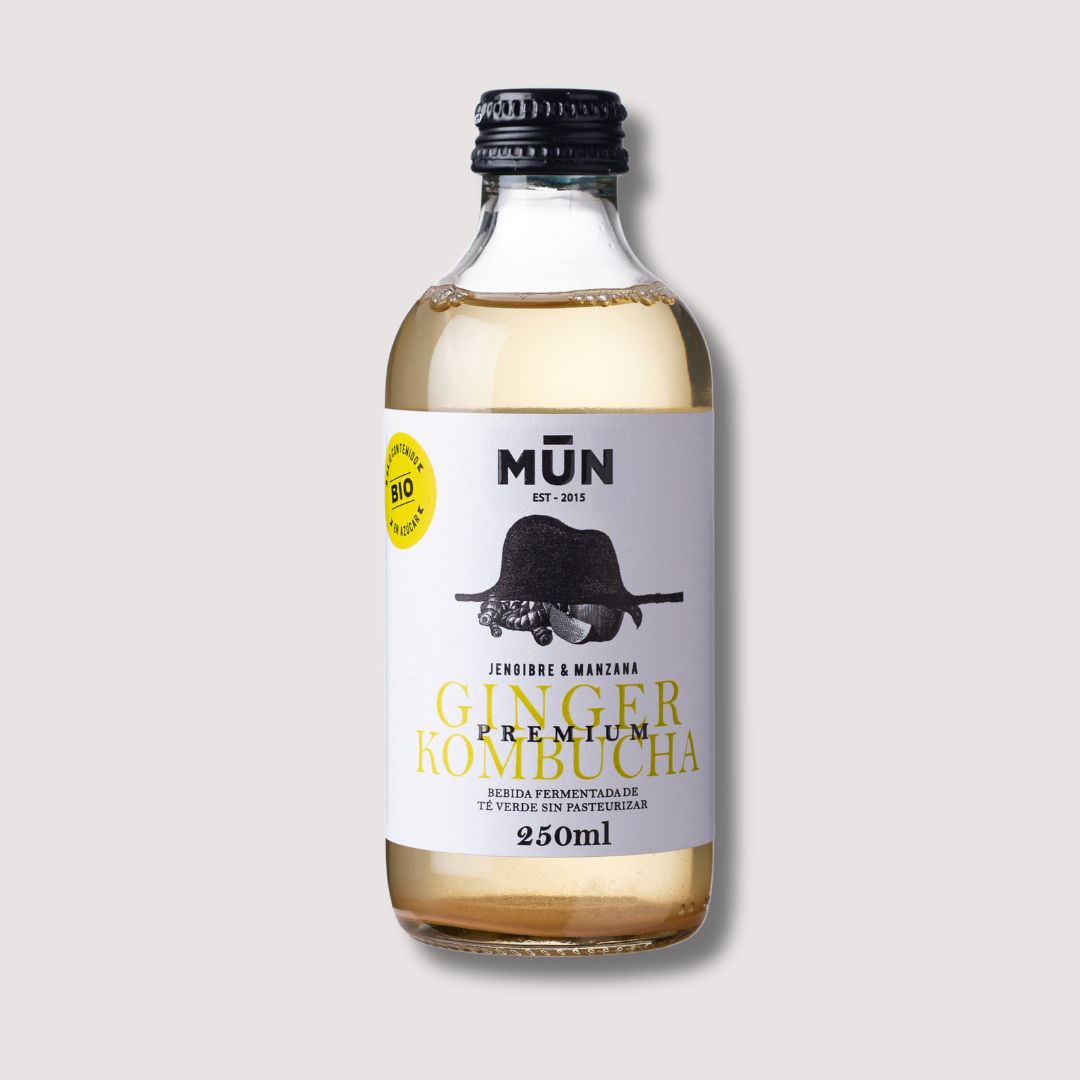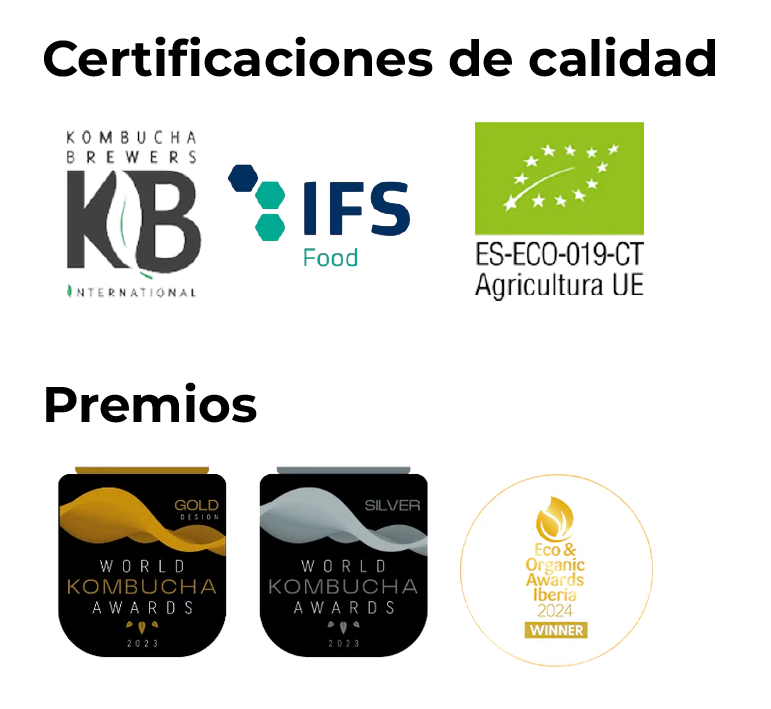Prebiotics and probiotics
Surely you have heard many times about prebiotics and probiotics. You may think that they are the same and that no one really clarifies how they are different. They sound very similar, but they are not the same, although they have an interesting symbiotic relationship that you should know about. So what is a probiotic and what is a prebiotic? We will tell you some basic concepts so that you have it clearer.
We are what we eat. Our health depends, in large part, on the foods that we include in our diet and that determine the good state of our microbiota . This community of microorganisms, which include at least 1,000 different types of bacteria, inhabit our intestines. The objective is for them to coexist in peace and harmony, since among their most important functions are the management of our digestion and the better absorption of nutrients , but also for our immunity to be stronger or for us to have a good mood .
prebiotics
What are prebiotics? Prebiotics are a type of functional foods - fundamentally non-starch polysaccharides and oligosaccharides poorly digested by human enzymes - that feed the microbiota by modulating its composition and also its activity. They promote the growth of healthy bacteria, such as Lactobacillus and Bifidobacteria , and allow them to more effectively exert their beneficial functions on the health of the host. Likewise, they prevent the proliferation of harmful bacteria.
Prebiotics are present in many fruits and vegetables, mainly those that contain complex carbohydrates. such as fiber and resistant starch.
What are prebiotics used for?
As it is fiber that is not digestible by our digestive system, prebiotics advance intact through the digestive tract and easily resist the different steps of digestion: action of gastric juices and enzymes... Among others, prebiotics make bacteria present in the digestive system, well nourished, they can carry out their functions with excellence.
Among the benefits of consuming prebiotics are:
- The regulation of intestinal transit.
- Improving fat metabolism.
- The decrease in fasting cholesterol and blood glucose after meals.
- Reducing the risk of intestinal diseases.
- Improving the synthesis of vitamins and minerals .
- The increase in immunity.
- Helps reduce lactose intolerance , as they encourage the growth of bacteria that break it down.
Foods rich in prebiotics
The list of foods rich in prebiotics is very long. As we mentioned before, they are basically fruits and vegetables. There are 10 that are especially so and that would be good for them to be on your weekly menu. The recipes can be endless.
Fill your basket with: Asparagus, artichoke, chicory, banana, garlic, onion, leek, tupinambo , salsify , durum wheat . They can also be found in milk, honey, legumes and nuts.
probiotics
What are probiotics? The WHO defines the probiotics as live microorganisms that, administered in adequate quantities, confer a health benefit to the host, that is, to the person who consumes them. Once we ingest them, they adhere to the wall of the intestine and act as a protective barrier. They even have the ability to strengthen defenses against pathogens and viruses.
There are many ways to consume probiotics. The first one that comes to mind may be in supplement format. But what if we told you that you have many more probiotics at your disposal than you imagine, through very common foods? Continue reading and discover them.
What are probiotics used for?
Having a healthy microbiota, with bacterial diversity, and where healthy microorganisms predominate, is an objective to achieve with the consumption of probiotics. If our flora is healthy, among other benefits, our digestion will improve: We will have better absorption of nutrients and a more optimal metabolization of carbohydrates. Likewise, we will synthesize more efficiently vitamins as important as K and those of the B complex and we will provide an important reinforcement of the immune system .
Examples of some probiotics with proven benefits
One of the big questions is, what are probiotics for? The first thing you need to know is that there are several types of probiotics, each with its own function in the intestine. For example, lactobacillus acidophilus helps digest lactose in milk and also produces lactic acid, which helps maintain a healthy intestinal environment. On the other hand, Bifidobacterium bifidum helps break down carbohydrates and proteins and also helps produce lactic acid.
In addition to these examples, there are also other types of probiotics, such as lactobacillus rhamnosus, which helps reduce intestinal inflammation and the risk of urinary tract infections. Another beneficial bacteria is streptococcus thermophilus, which helps break down lactose and produces vitamins B and K.
Foods that contain natural probiotics

In this article you will find the list of natural probiotic foods that you should consume often. In general, most fermented foods contain natural probiotics: yogurt, kefir, kombucha, sauerkraut, kimchi, pickles, etc. Others, although they also take advantage of the fermentation process, such as chocolate or sourdough bread, the final result that we end up eating no longer contains live probiotics, but we still take advantage of the benefits of fermentation (more digestible foods).
The perfect symbiosis: how the combination of prebiotics and probiotics can improve your intestinal health
The gut microbiota is essential for our health, as it plays an important role in digestion, the immune system and disease prevention. Prebiotics are dietary fibers that cannot be digested by the human body, but are fermented by beneficial intestinal bacteria, known as probiotics. Together, prebiotics and probiotics work symbiotically to improve the health of the gut microbiota and therefore the host. Prebiotics feed and stimulate the growth of beneficial bacteria, while probiotics help maintain a healthy balance of microbiota. Studies have shown that combining prebiotics and probiotics can improve digestion, reduce inflammation, and strengthen the immune system, which can have long-term health benefits.
What do scientific studies say about the benefits of probiotics and prebiotics?
What do scientific studies say about what probiotics and prebiotics are and what probiotics and prebiotics are for?
Probiotics are live microorganisms that, when administered in adequate amounts, offer a health benefit to the host [1] . Humans have consumed probiotics for thousands of years because they are beneficial for the long-term storage of food and promote the health of their host [2] . The benefits of probiotics are numerous and include improving intestinal health, bone health, nutrient utilization, growth, laying performance and immunity in poultry [3] [4] . Probiotics can also positively alter the gut microbiome and nourish the commensal microbial load, which can influence cognitive functions such as anxiety and depression [5] . In healthy adults, probiotic supplements have a positive impact on several health outcomes [6] . Probiotics have also been shown to have immunomodulatory effects, which may improve intestinal health and disease resistance in pigs [7] . Additionally, probiotics have been found to have cardiovascular benefits, such as reducing blood pressure and cholesterol levels [8] . Probiotics have also been used in dermatological and cosmetic products to control atopic dermatitis, acne, psoriasis, photoaging, skin cancer, intimate care, oral care, and wound healing [9] . Probiotic drinks have also been found to have therapeutic roles in improving the health of consumers [10] . Overall, probiotics have numerous benefits and can be a valuable addition to someone's diet or skin care routine.
Based on the provided research results, here are the top 5 articles that describe the benefits of prebiotics:
- Ashaolu, Ashaolu, Adeyeye (2020) reviewed the impact of dietary fibers and prebiotics on the gastrointestinal microbiota in vitro The roles of colonic organisms, slow fermentation of prebiotics, production of high butyric and propionic acids, and positive modulation of the host health were taken into knowledge.
- Gibson et al. (2017) updated the definition of prebiotics as a substrate that is selectively utilized by host microorganisms conferring a health benefit. This definition expands the concept of prebiotics beyond the original embodiment and is consistent with the latest scientific and clinical developments.
- Whisner, Castillo, Castillo (2017) reviewed the evidence for prebiotic effects on calcium metabolism and bone health. Prebiotics have been shown to increase calcium absorption in the body and improve bone health.
- Okolie et al. (2017) described brown seaweed polysaccharides (BSP) as emerging prebiotics with potential immunomodulatory effects BSPs are resistant to enzymatic hydrolysis by digestive enzymes and are used as a carbon source for the growth of beneficial bacteria population through the process of fermentation.
- Azad et al. (2020) discussed the potential of prebiotics to improve the gut ecosystem in monogastric animals Prebiotics have been shown to ferment complex dietary macronutrients and carry out a broad range of functions in the host body, such as the production of nutrients and vitamins, protection against pathogens, and maintenance of immune system balance.


